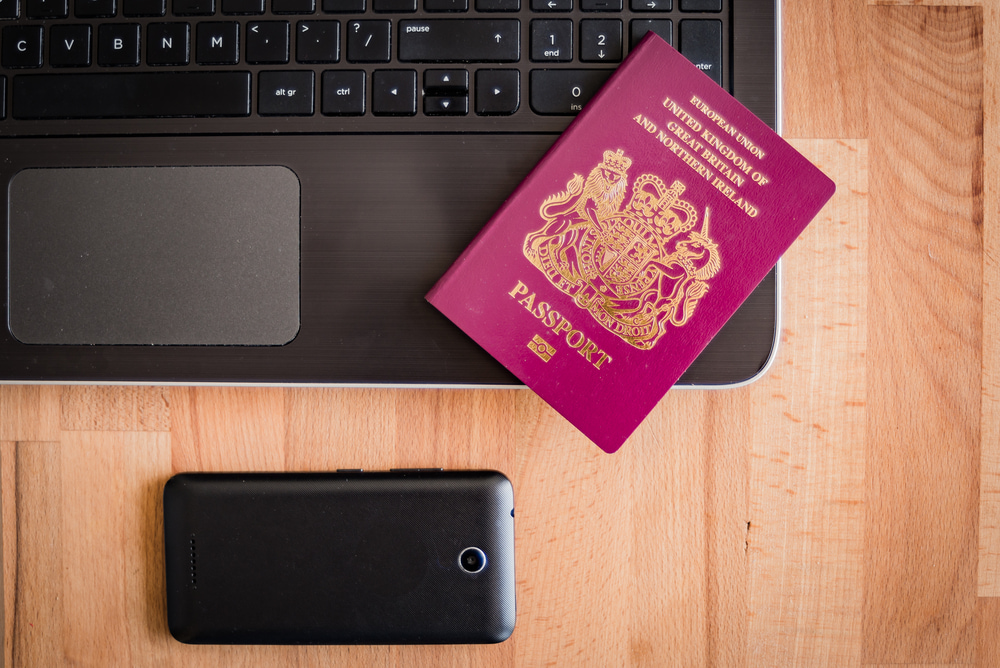Days
Hours
Minutes
Seconds
May 1 2026 - Renters' Right Act Commencement Day
You have 0 days to:
Serve any final Section 21 notices
Stop accepting above-asking rent offers
Prepare for the rental bidding ban
Remove “No DSS” from adverts
Remove “No Children” from listings
Show one clear rent price
Stop using fixed-term agreements
Switch to periodic tenancy templates
Check which tenancies go periodic
Stop taking rent before signing
Take no more than one month’s rent
Move all evictions to Section 8
Train staff on new notice rules
Create Section 13 process flow
Add two months to rent reviews
File court claims for Section 21s
Update landlord move-in grounds
Update landlord selling grounds
Send the RRA Information Sheet
Create written terms where missing
Update How to Rent processes
Review tenant screening questions
Update pet request processes
Stop backdating rent increases
Discuss rent protection backbooks
Act now before it is too late...
Your guide to the proposed short-term and holiday let registration scheme in England
The government has launched a short-term let registration scheme consultation, to help monitor and enforce compliance and better manage regional housing markets.
The Goodlord team
Apr 13, 2023
The government has opened a consultation, based on the outcome of a previous call for evidence, seeking views on the creation of a short-term let register in England. The proposals aim to "ensure England continues to provide safe and high-quality guest accommodation".
This will run until 6 June, alongside a consultation on changing planning permission rules for short-term rentals. These new proposals come in the wake of new rules around business rate relief for short-term lets.
What approach could the new registration scheme take?
Responses to a call for evidence on the topic showed that respondents mostly favoured a "light touch and low cost" registration scheme. The consultation therefore considers three approaches to how the register could operate on a national and regional level:
- Create an opt-in scheme for local authorities, with a framework set nationally. This approach recognises that some areas will be affected more by short-term lets than others.
- Create and plan to review an opt-in scheme as above, to understand if the scheme should become mandatory across England.
- Create a mandatory national scheme, to create an even playing field across England.
The register will only include short-term lets, not hotels, B&Bs, or other professional providers of self-catering accommodation.
How could the register work?
The government is looking into what would actually need to be registered. It has therefore proposed three options for consideration:
- Property owners - or their property managing representative - register once. They will then provide relevant information about all the units that they rent out.
- Property owners register each "dwelling" or part of one. Information about each unit will then be aggregated.
- Property owners register individual accommodation units within each dwelling.
Although the register will be primarily digital, the government is considering how it can create an analogue alternative.
It's also seeking views on when owners will need to renew the registration, as well as the information that those hosts will need to share to be registered.
How could a registration scheme affect how hosts advertise their properties?
The consultation requests views on whether online platforms should only allow listings with a valid registration number. Alternatively, it questions whether the host should be responsible for including a registration number in any advertising of the property.
When will the new register come into play?
The consultation says that the requirement to register will be included under the Levelling Up and Regeneration Bill, which was tabled in December 2022, and will come into play through secondary legislation.
The consultation also shares that the government aims to legislate "at the earliest possible opportunity."
How could the register be enforced?
The government has suggested three potential ways to monitor compliance of the scheme:
- Rely on self-certification
- Require evidence of certain health and safety documentation before a short-term let can be registered
- Organise physical checks of properties
The consultation confirms that the government does not plan to introduce criminal sanctions for non compliance, but civil penalties will be a "starting point".
How will the registration scheme help local authorities?
The consultation on a holiday and short-term let register highlights "inconsistencies within the regulatory framework" for short-term lets. The register therefore aims "to develop a responsible, high-quality and competitive short-term lets sector."
It would achieve this through providing more accurate data for local authorities to understand what's being let out in their area.
The authorities will then be able to recognise if this is causing an issue on the rental and housing market - and help them understand when the newly proposed planning permission rules should be enforced.
It will also help authorities track compliance with health and safety regulations, as well as any issues with anti-social behaviour.
This article is intended as a guide only and does not constitute legal advice. For more information, visit gov.uk.


.jpg)



